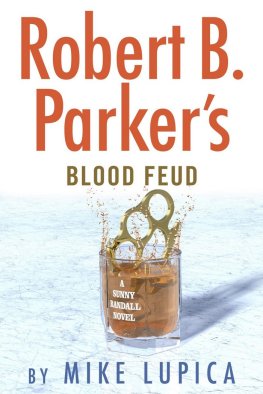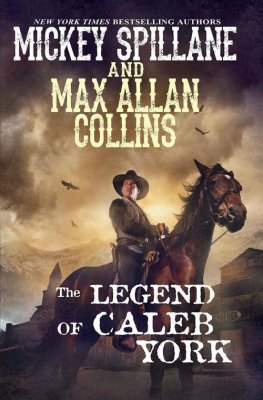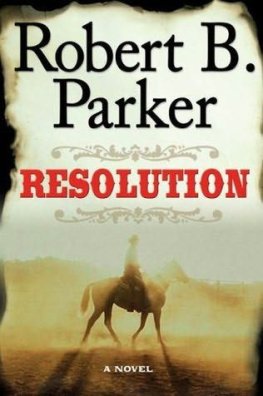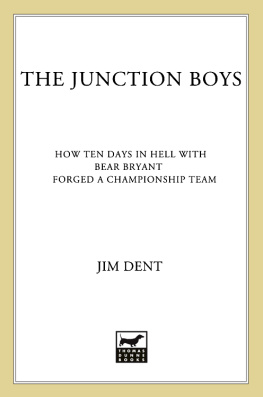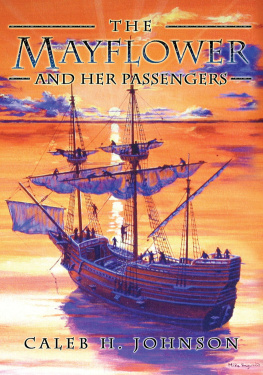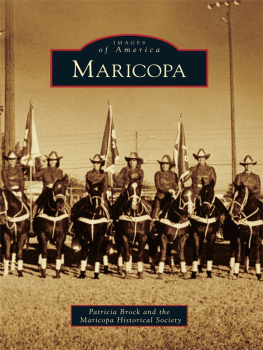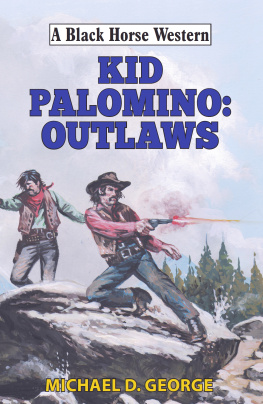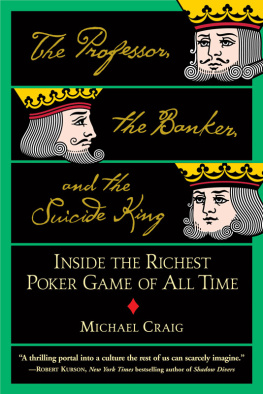Mickey Spillane and Max Allan Collins
Last Stage to Hell Junction
For Leonard Maltin,
who loves a good western
Ill tell you what bravery really is.
Bravery is just determination
to do a job that you know has to be done.
Audie Murphy
Can You Give Me Three?
An Introduction Max Allan Collins
As a mystery writer lucky enough to become close friends with his hero in my case, Mickey Spillane I could never have imagined that the day would come when Id be entrusted with his famous detective Mike Hammer and a number of other projects unrealized by the Mystery Writers of America Grand Master in his lifetime.
In 2006, Mickey called me and asked me if I would finish his latest and projected as his last Mike Hammer novel, The Goliath Bone. He was nearing the end of a draft, rather rushing through it to try to make a final deadline: he had pancreatic cancer and knew the end was near. I of course said Id complete the book for him, but hoped it wouldnt be necessary.
This would be the last time we spoke, and I think we both knew it.
I said, I love you, Mickey.
And he said, I love you, buddy.
So began a great, bittersweet chapter in my writing life. In the few days remaining, Mickey instructed his wife Jane to gather up everything in his three offices at his South Carolina home and turn the manuscripts over to me.
Max will know what to do, he said.
Over the dozen years that followed, I have completed (thus far) ten Mike Hammer novels, enough Hammer short stories to fill a collection, and two non-Hammer crime novels. For the centenary of Mickeys birth (2018), I edited his final completed novel, The Last Stand, and undertook to complete the very first Mike Hammer novel, Killing Town (begun in 1945, before I, The Jury).
And what does this have to do with a western called Last Stage to Hell Junction? Or a series of western novels about a legendary figure of Mickeys creation, called Caleb York?
Plenty, actually. While those books mentioned above may have been contemporary (if 1945, in the latter novels case, might be called that), they were very much westerns. The Last Stand is a modern-day western about a flier downed in the desert and befriended by an American Indian. Killing Town has Mike Hammer, fresh from the war, coming to a corrupt city where one powerful man owns everything, and Hammer? Hes a stranger in town. With a .45.
Mickey viewed Mike Hammer and, for that matter, his other heroes as a modern-day western hero. He often said that Hammer wore the black hat, but he did the right thing. In 1961, TV Guide asked Spillane to comment on the increasing violence seen on television, and he responded by saying that impending violence led to suspense and constant wall-to-wall carnage resulted in boredom. With Gunsmoke, he said, the action was about to happen every second and you knew it and wondered how it was going to come about. And if kids wanted to emulate a hero, they got a good one in Marshal Dillon. And brother, Mickey said, you still dont mess around with Old Matt.
Privately, Mickey claimed to have had a creative hand in Have Gun Will Travel, the popular 19571963 CBS TV series that starred Richard Boone. Mickey said he had pitched a Hammer Out West series, and certainly Paladin was a private eye of sorts. And one of Mickeys best pals in Hollywood was ex-cop (and future Star Trek creator) Gene Roddenberry, who was one of the chief writers on Have Gun. Asked if hed ever pursued legal ramifications, Mickey just shrugged it off, saying, Thats Hollywood for you.
(A rodeo performer also claimed to have created the character of Paladin, right down to the business cards and the man-in-black persona. Some sources say Paladins TV creators began the concept as a modern-day New York private eye sound familiar?).
Going through stacks of unpublished, unfinished material from Mickeys multiple home offices, I also found three screenplays, among them The Saga of Cali York. Id heard Mickey talk about this numerous times a project that he considered a major missed opportunity, rare for a man with few regrets. He had written the screenplay for his friend John Wayne.
In previous Caleb York introductions, Ive gone into some detail about the friendship between Spillane and Wayne. But for our purposes here, lets just say it was a genuine meeting of two major pop-cultural figures in the early 1950s. Mickey starred in a film for his pal Duke, Ring of Fear (1954), and did a major, uncredited rewrite of its script, bailing Wayne out of a jam.
I thought the York screenplay was terrific. But it was clearly not Mike Hammer, and it wasnt even a mystery, although the western yarn Mickey had spun had its crime elements. I put it aside with, Maybe someday.
A few years ago, at a Bouchercon (the mystery fan convention), my wife, Barb, and I were having breakfast with Michaela Hamilton, our editor for the cozy Trash n Treasures mysteries, each of which has the word Antiques in the title (Antiques Wanted has a western theme).
I was aware that Kensington was a major publisher of westerns and said offhandedly, What if I told you I had an unproduced screenplay Mickey Spillane wrote for John Wayne?
I knew Michaela was a Spillane fan, and figured shed get a kick out of that.
She sat up and said, Can you give me three?
I choked on my orange juice. Well... theres only one screenplay.
We would want at least three. Could you develop three novels from the screenplay?
The rest is history, albeit western-tinged. Mickey had created a rich backstory for Caleb (I dropped the Cali nickname) and a rather complete world in fictional Trinidad, New Mexico, populated by a fun, diverse cast of characters. With notes from him, as well as several variant versions of the screenplay, I set out to write not just a novelization of Mickeys screenplay, but two sequels.
And now here we are at Caleb York: Book Four.
With the exception of the novelization of the film version of Maverick, and a novel about old Wyatt Earp meeting young Al Capone (Black Hats), I had never pursued my love of westerns in my prose. I have read a lot of nonfiction about the West, enjoyed a smattering of western fiction, and been a hardcore fan of western movies and TV shows since my childhood. But writing a western would be something new.
So how do I prepare for a Caleb York novel?
Obviously I read a lot of historical material. Though Im writing about the mythic West, I want an underpinning of reality. But for a month or so before I begin writing, and during the writing itself, my wife (also a western movie fan) and I mount a film festival in our living room. We are the only attendees.
For The Legend of Caleb York, we watched John Wayne movies, of course. For The Big Showdown, we viewed every western Randolph Scott ever made. For The Bloody Spur, we screened Joel McCreas westerns. And for Last Stage to Hell Junction, we saddled up with a genuine American hero, Audie Murphy, who kindly provided our opening quotation.
You are free to cast Caleb York with any of these western stalwarts. Your budget will allow Clint Eastwood, as well or James Garner or Gary Cooper or Burt Lancaster or...
Yourself.
Whos stopping you, amigo?
Friday night at the Victory Saloon in Trinidad, New Mexico, was a pleasant sort of chaos, payday always generating festive affairs at the tavern. Before Sheriff Caleb York cracked down, the whole town had been under more or less friendly siege every such weekend, merchants boarding up their windows and seldom leaving the safety of their domiciles.

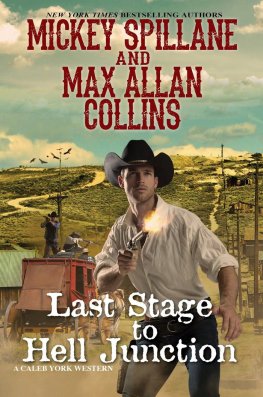
![Mikki Spillejn - Death of the Too-Cute Prostitute [= Man Alone]](/uploads/posts/book/901731/thumbs/mikki-spillejn-death-of-the-too-cute-prostitute.jpg)

